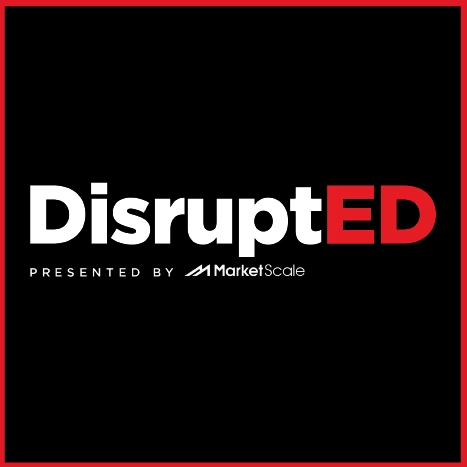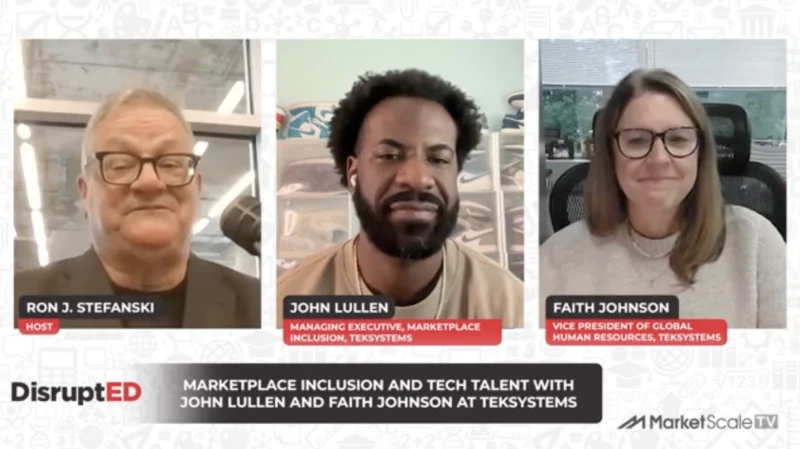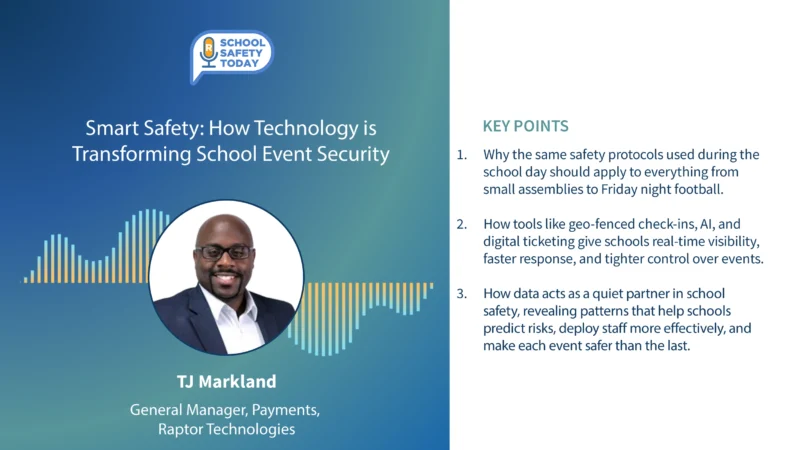Decarbonization Doesn’t Mean Less Profit: Part 1
As the world grapples with the urgent need to combat climate change, the conversation around decarbonization has taken center stage. It’s not just a scientific issue, but an economic one as well, with an estimated $10 trillion expected to be invested in net zero efforts over the next decade. The stakes are high, as the future of our planet hangs in the balance, and businesses are beginning to see the potential for profitable sustainability.
So, what does it mean to run a profitable, sustainable business while also saving the planet? This core question will be explored in this two-part episode of DisruptED, hosted by Ron Stefanski. Our guest, Kristen Fornes, VP of Business Development at Engie North America Inc., will delve into the economic opportunities and challenges of decarbonization.
In Part 1 of this episode, we’ll discuss:
- The economic implications of decarbonization and the potential for a $10 trillion investment.
- The role of businesses in the decarbonization movement and how they can benefit.
- The transformation story of Engie, a company that transitioned from fossil fuels to renewable energy.
Listen to Part 2 here:
Kristen Fornes, originally from Dayton, Ohio, moved to Chicago in 2008 to pursue a finance degree at DePaul University. She began her career in energy sales and quickly moved up the ranks at Engie, a company that has undergone a remarkable transformation in the last five years. Engie has transitioned from being a fossil fuel giant to a leading player in renewable energy, demonstrating that it’s possible to run a profitable, sustainable business while contributing to the fight against climate change.




